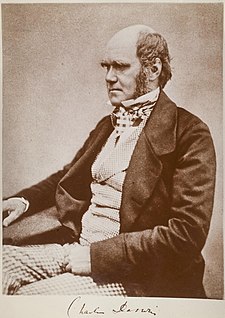Renewable energy is
energy generated from
natural resources—such as
sunlight,
[2] wind,
rain,
tides and
geothermal heat. Hydroelectricity was the next largest renewable source, providing 3% (15% of global electricity generation)
, followed by
solar hot water/heating, which contributed 1.3%. Modern technologies, such as
geothermal energy,
wind power,
solar power, and
ocean energy together provided some 0.8% of final energy consumption.
Some renewable energy technologies are criticised for being
intermittent or unsightly, yet the market is growing for many forms of renewable energy. In response to the
G8's call on the
IEA.Wind power is growing at the rate of 30 percent annually, with a worldwide installed capacity of over 100 GW,
and is widely used in several
European countries and the
United States.Liquid biofuel
Liquid biofuel is usually either a bioalcohol such as
ethanol fuel or an oil such as
biodiesel or
straight vegetable oil. Biodiesel can be used in modern diesel vehicles with little or no modification to the engine. It can be made from waste and virgin vegetable and animal oils and fats (
lipids). Virgin vegetable oils can be used in modified diesel engines. In fact the
diesel engine was originally designed to run on vegetable oil rather than fossil fuel. A major benefit of biodiesel use is the reduction in net CO
2 emissions, since all the carbon emitted was recently captured during the growing phase of the biomass. The use of biodiesel also reduces emission of carbon monoxide and other pollutants by 20 to 40%.






